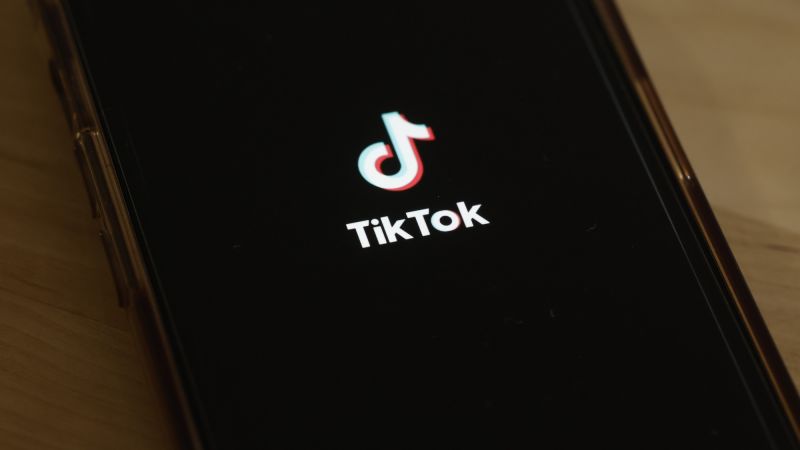TikTok is once again facing a threat from Congress as House Republicans have added a bill to a foreign aid package that could potentially lead to a nationwide ban of the popular social media app. The House Speaker aims to hold a vote on the aid package as early as Saturday, which could fast-track the most serious risk to TikTok’s US business since former President Donald Trump first proposed a ban in 2020. The bill, which has already passed in the House, aims to protect Americans’ personal data from the Chinese government, but opponents argue it risks violating First Amendment rights.
By including the TikTok bill in the aid package, House Republicans hope to force a quick vote in the Senate, as the previous version of the bill has become bogged down in the Senate. With President Joe Biden stating he would sign the bill if it reaches his desk, House Republicans are pushing to avoid a lengthy delay in the Senate. The bill sets a nine-month timeframe for TikTok’s Chinese parent company, ByteDance, to sell the social media company or face a ban from US app stores. The president would also have the option to extend the deadline by another 90 days if there is progress towards a sale.
Despite some revisions to the TikTok bill, including the extended timeframe for ByteDance to sell the company, it remains unclear if these changes will be enough to gain Senate approval. Some leading senators have expressed preferences for a slower approach to the bill, raising uncertainties about its fate in the Senate. However, key senator Maria Cantwell, who had initial doubts about the bill, appears satisfied with the changes and supports the updated legislation.
US policymakers have long expressed concerns about TikTok’s links to China through its parent company and the potential risks of the Chinese government accessing US user data. TikTok has refuted these claims, stating there is no evidence of such access and highlighting steps taken to protect Americans’ personal information. Some experts suggest that passing a national privacy law regulating how businesses handle personal information could be a more comprehensive approach to addressing national security risks posed by TikTok. Cantwell and Rodgers have introduced a proposal for a national data privacy standard that could address these concerns.
With the threat of a nationwide ban looming, TikTok and civil society groups continue to argue against the TikTok bill, raising concerns about potential violations of First Amendment rights. As debates continue in Congress, the fate of TikTok’s US operations remains uncertain, with potential implications for the app’s 175 million US users. The inclusion of the bill in a foreign aid package adds a sense of urgency to the issue, as lawmakers seek to address national security concerns while balancing the protection of personal data and individual freedoms. As the legislative process unfolds, the future of TikTok in the US will largely depend on the outcomes of votes in both the House and the Senate.


